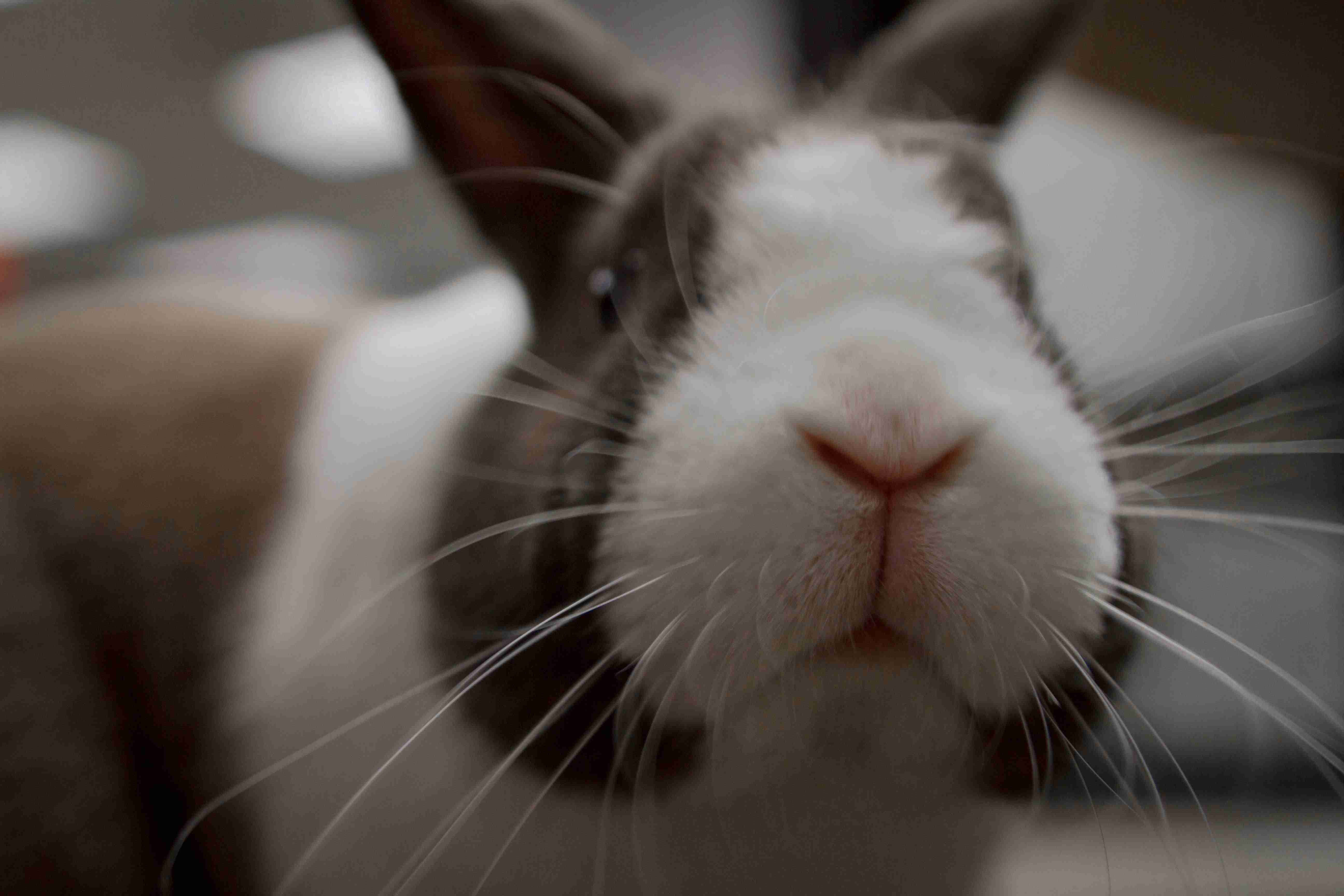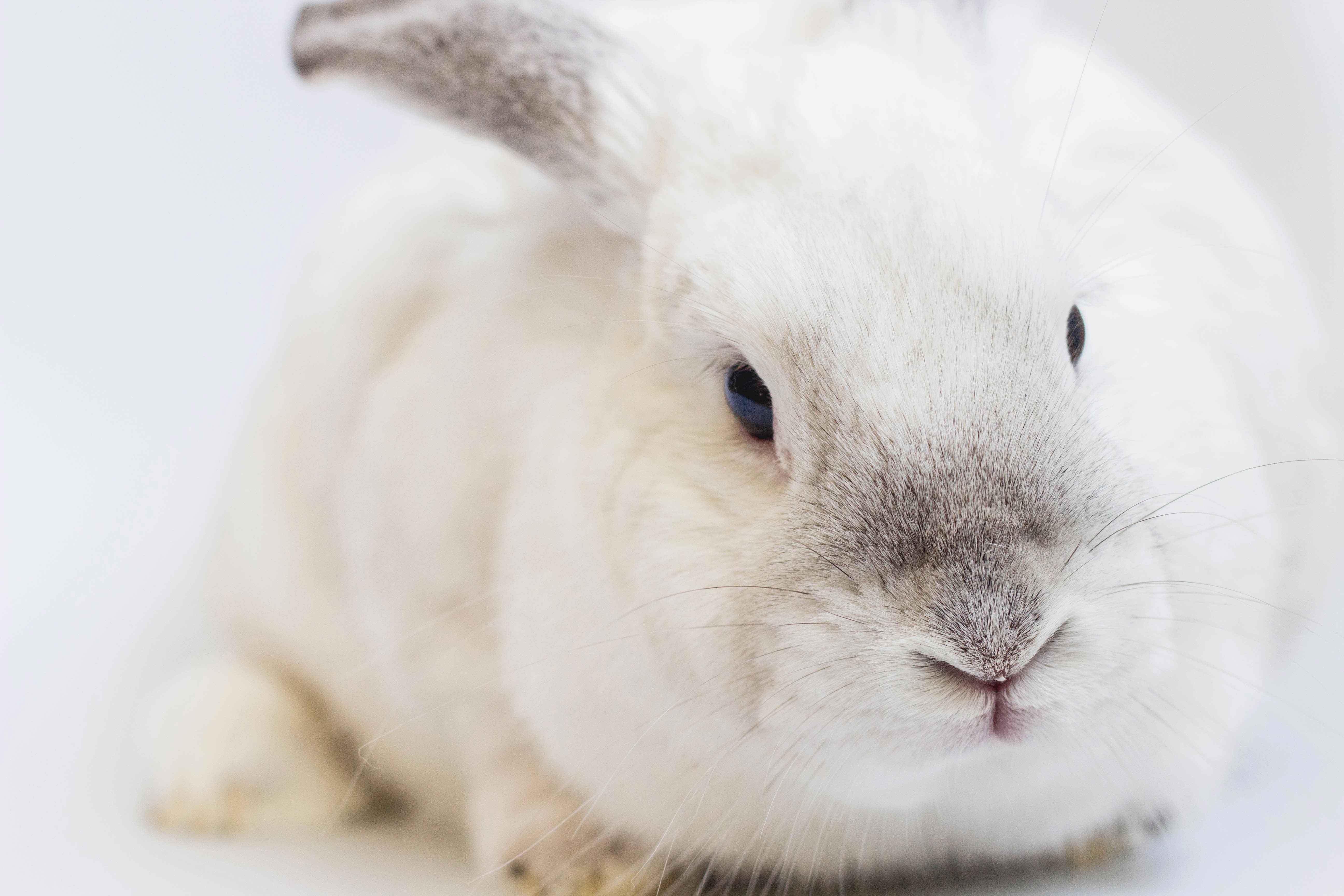Rabbits are adorable and make great pets, but what should you feed them? Proper nutrition is vital to ensure your furry friend stays healthy and happy. Feeding your rabbit the right food can help prevent health problems, such as digestive issues and dental problems. So, if you’re a new rabbit owner or looking for some tips on how to feed your rabbit, you’re in the right place. In this blog post, we’ll cover everything you need to know about rabbit nutrition, from what to feed them to how much to give them. So, let’s get started with Rabbit Nutrition 101: A Guide to Properly Feeding Your Furry Friend.
Rabbits are adorable and social animals that make great pets. They are friendly and affectionate, and are also known for their playful personalities. If you have decided to bring a rabbit into your home, it is important to know what to feed them. Proper nutrition is essential to keep your rabbit healthy and happy. Here is a guide to help you understand rabbit nutrition and what to feed your furry friend.
1. Hay
Hay is the most important part of a rabbit’s diet. It provides the necessary fiber that helps keep their digestive system healthy and prevents hairballs. Timothy hay is the best choice for adult rabbits, while alfalfa hay is better for young rabbits. Hay should be available to your rabbit at all times, and it should be fresh and clean.
2. Vegetables
Fresh vegetables are also an important part of a rabbit’s diet. They provide essential vitamins and minerals that keep your rabbit healthy. Some good vegetable choices for rabbits include carrots, broccoli, parsley, kale, and spinach. Vegetables should be introduced slowly, and rabbits should not be given too much at once. A good rule of thumb is to provide one cup of vegetables per four pounds of body weight per day.
3. Pellets
Pellets are another important part of a rabbit’s diet. They provide the necessary protein and other nutrients that your rabbit needs to stay healthy. Pellets should be made from high-quality ingredients and should not contain any fillers or additives. A good quality pellet should contain at least 18% fiber and no more than 14% protein.
.jpg)
4. Water
Clean, fresh water should be available to your rabbit at all times. You can use a water bottle or a bowl, but make sure the container is cleaned regularly.
5. Treats
Treats should be given sparingly, as they can be high in calories and sugar. Some good treats for rabbits include small pieces of fruit, such as apples or bananas, or small pieces of carrot. Avoid giving your rabbit treats that are high in sugar or fat, such as chocolate or nuts.
In addition to providing the right food, it is important to feed your rabbit at the right time. Rabbits are grazing animals and should be fed small meals throughout the day. You should also make sure that your rabbit’s food and water containers are cleaned regularly to prevent the growth of bacteria.
Overall, proper nutrition is essential to keep your rabbit healthy and happy. Feeding your rabbit the right foods, such as hay, vegetables, and pellets, and providing fresh water and occasional treats, will help ensure that your furry friend stays healthy and content.
In conclusion, feeding your rabbit the right diet is crucial for their overall health and well-being. By following the guidelines outlined in this article, you can ensure that your furry friend is getting the nutrients they need to thrive. Remember to always consult with your veterinarian and do your own research to ensure that you are providing your rabbit with the best possible diet. With the right nutrition, your rabbit will be happy, healthy, and full of energy for years to come.


.jpg)


.jpg)
.jpg)
